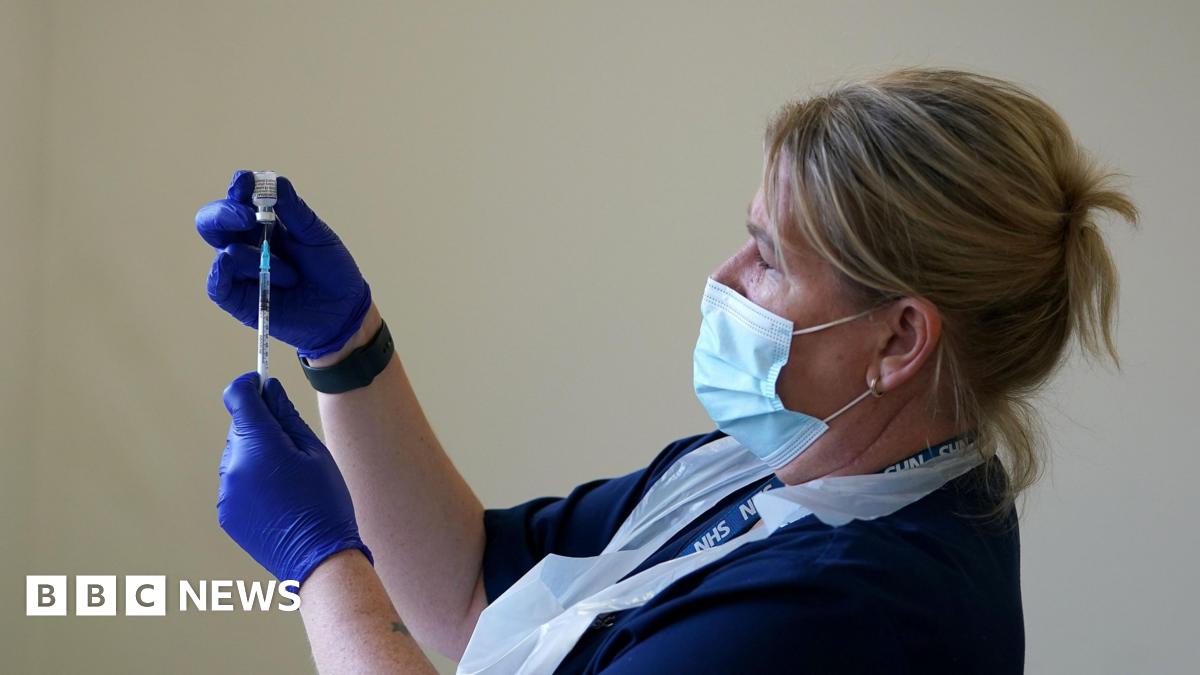Gaza Hostages' Suffering: Harrowing Parallels to Holocaust Survivors as Starvation and Trauma Take Hold

The deteriorating health of Evyatar David and Rom Braslavski, two hostages held in Gaza, is sparking deep concern and drawing disturbing parallels to the experiences of Holocaust survivors. Footage released showing the pair's condition reveals alarming signs of starvation and severe trauma, prompting medical experts to warn that their lives are at immediate risk. Doctors are stating that without urgent medical intervention, David and Braslavski could succumb to their conditions within weeks.
A Grim Resemblance to the Past
The images emerging from Gaza are deeply unsettling. Medical professionals who have reviewed the footage have noted a striking similarity to the symptoms observed in survivors of the concentration camps during the Holocaust. These symptoms include extreme emaciation, muscle wasting, profound weakness, and psychological distress. The prolonged deprivation of food and water, coupled with the intense fear and uncertainty of their captivity, are taking a devastating toll on their physical and mental well-being.
“What we’re seeing is consistent with the physiological and psychological consequences of prolonged starvation and trauma,” explains Dr. Miriam Cohen, a specialist in post-traumatic stress disorder. “The body begins to shut down, and the mind struggles to cope with the constant stress. The parallels to the experiences of Holocaust survivors are undeniable and profoundly disturbing.”
The Immediate Threat: Starvation and its Consequences
Starvation isn't simply about being hungry; it's a complex process that damages every organ system in the body. The body begins to consume its own muscle mass for energy, weakening the immune system and making individuals highly vulnerable to infection. The lack of essential nutrients also impairs cognitive function, leading to confusion, disorientation, and difficulty concentrating. In the case of David and Braslavski, the prolonged deprivation is exacerbating the psychological trauma they are enduring.
“The longer they remain in these conditions, the greater the risk of irreversible organ damage and ultimately, death,” warns Dr. Ben Carter, a humanitarian aid worker with experience in conflict zones. “We’re talking about a race against time to secure their release and provide them with the urgent medical care they desperately need.”
Beyond the Physical: The Psychological Scars
The psychological impact of captivity is equally devastating. Hostages often experience extreme anxiety, depression, and post-traumatic stress disorder (PTSD). The constant fear of violence, the uncertainty about their fate, and the isolation from loved ones can leave deep and lasting scars. Even after their release, David and Braslavski will require extensive psychological support to help them process their experiences and rebuild their lives.
Calls for Urgent Action
The international community is facing mounting pressure to intensify efforts to secure the release of all hostages held in Gaza. The deteriorating health of David and Braslavski serves as a stark reminder of the urgent humanitarian crisis unfolding, and the devastating consequences of prolonged captivity. Advocacy groups are calling for immediate access to medical personnel and humanitarian aid, as well as renewed diplomatic efforts to achieve a lasting ceasefire and secure the hostages' safe return. The world is watching, and the time for action is now.





